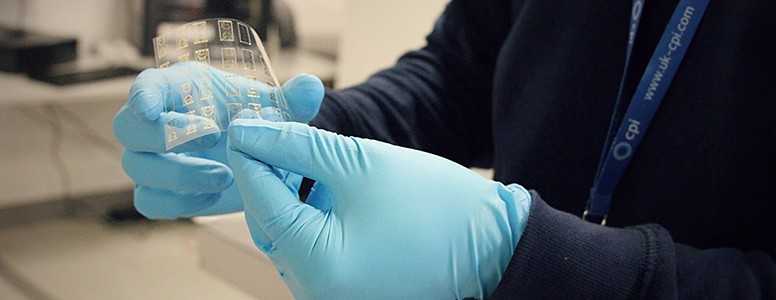Women who eat too many potatoes could have an increased risk of gestational diabetes, according to new research.
In a 10-year study, researchers at the National Institutes of Health, United States examined the diets of over 15,000 women. The data was taken from the Nurses’ Health Study conducted between 1991 and 2001. None of the women previously had gestational diabetes or chronic diseases before pregnancy.
Consumption of potatoes and other foods was monitored every four years – the women self-reported their intake – with incidences of gestational diabetes obtained from self-reports of a physician’s diagnosis. There were 854 cases of gestational diabetes among 21,693 singleton pregnancies.
Women who ate one serving of potatoes per week were 20 per cent more likely to develop gestational diabetes; two to four portions increased the risk by 27 per cent; and five or more portions raised the risk by 50 per cent.
Lead author Dr. Cuilin Zhang, National Institutes of Health, said: “We found that higher pre-pregnancy consumption of potatoes was significantly associated with a greater risk of gestational diabetes, even after adjustment for other major risk factors.”
However, women who substituted two servings of potatoes per week with other vegetables and legumes, such as peas or lentils, were up to 12 per cent less likely to develop the condition.
A similar study was conducted by Harvard University in 2015, which found that greater consumption of potatoes can increase the risk of type 2 diabetes, but replacing potatoes with whole grains can lower the risk.
Being overweight at the time you become pregnant increases the risk of gestational diabetes, but being of a healthy weight before becoming pregnant can reduce the risk.
Zhang added: “It is possible that eating more potatoes is related to higher gestational weight gain and, subsequently, an increased risk of gestational diabetes.”
The researchers pointed out, though, that “a causal association cannot be assumed” from these findings, rather a link between gestational diabetes and high potato consumption.
The study was published in the BMJ.







